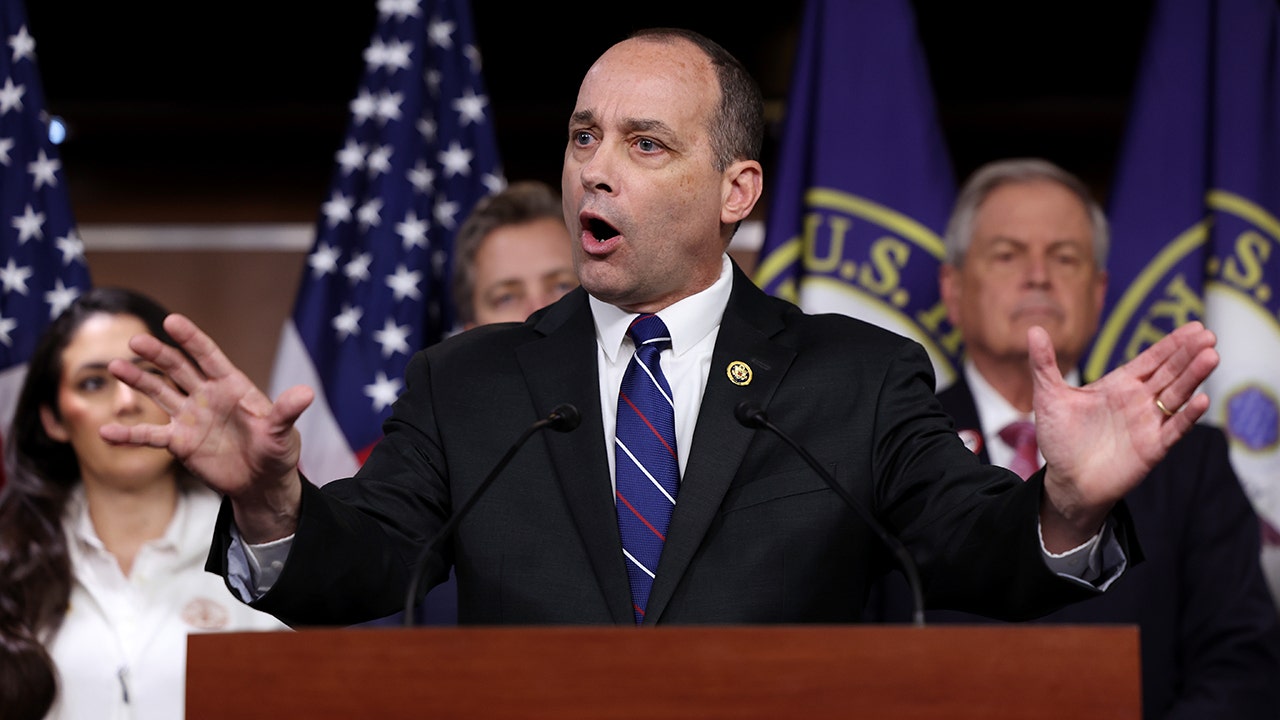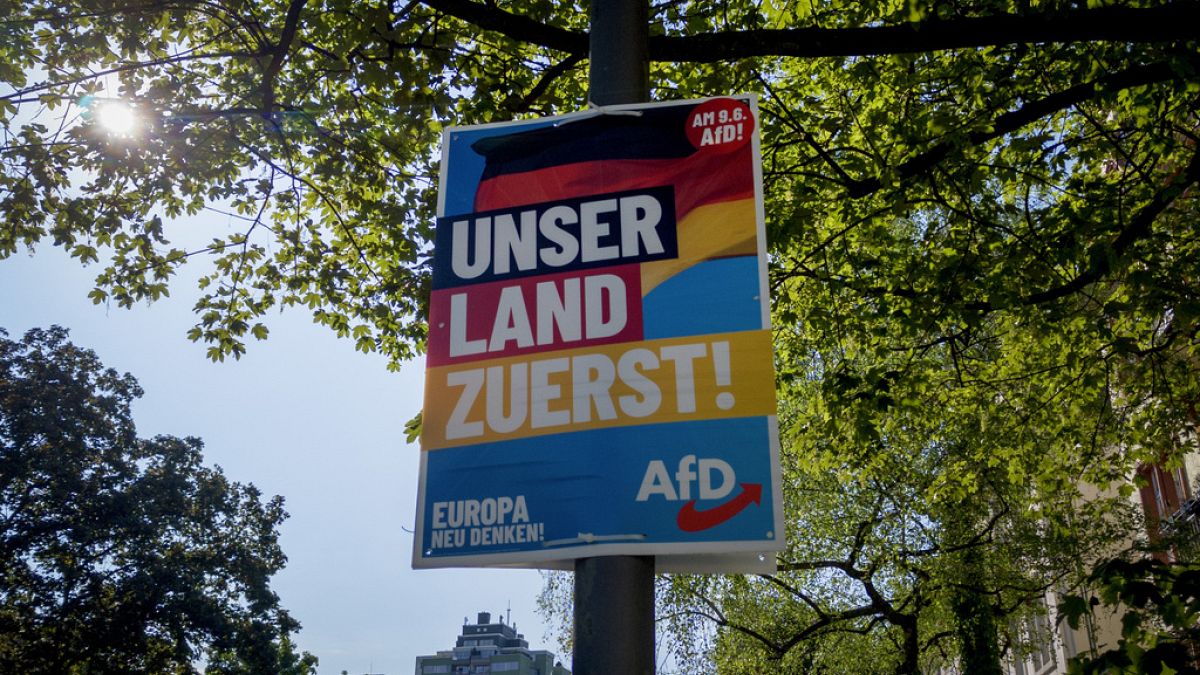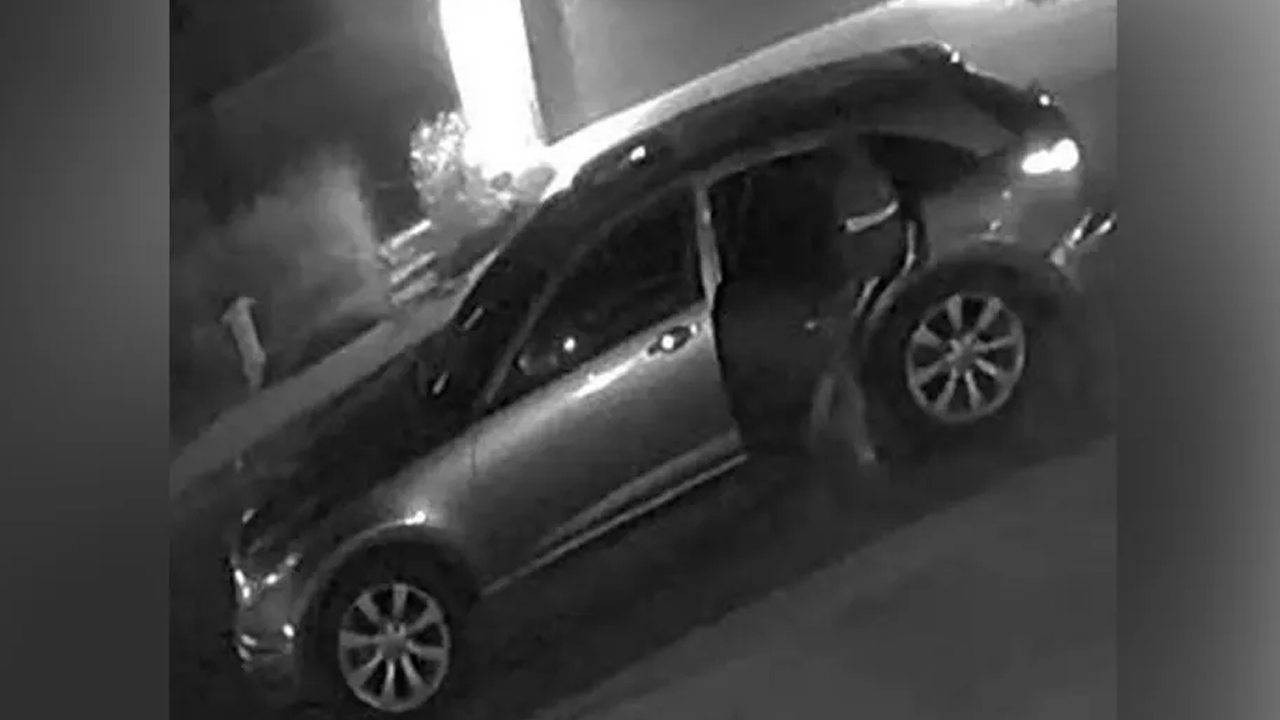Education
Opinion | Is ‘Peak Woke’ Behind Us or Ahead?

No figure is more associated with the ideological revolution that shook elite American institutions in the Trump era than Ibram X. Kendi, the scholar of racism and the definer of “antiracism” as a worldview unto itself. So there’s a symbolic weight to the news that Kendi’s Center for Antiracist Research at Boston University, funded by a lavish gift from the Twitter founder Jack Dorsey back in 2020, will be laying off 15 or 20 staff members — confirming the sense (among many liberals, especially) that “peak woke” is behind us, and the revolution has run its course.
Has it? By some definitions, yes. The wave of cancellations and resignations and public-monument removals has receded. The attempts to use “woke capital” to effect progressive change have met strong resistance, and corporations are losing enthusiasm for a vanguard role.
Meanwhile, there is more intellectual and political energy in anti-wokeness now, evident not just in backlash in red states but in this autumn’s roster of new books, which includes critiques of social justice ideology from the socialist left, the center left and the right. The Supreme Court’s ruling against affirmative action has created new legal roadblocks for Kendi-style progressivism. The mood in elite journalism is less ideologically committed and more skeptical and critical.
But any rollback is also unevenly distributed. I’ve written before about why progressive orthodoxies seem stronger in academia than in the media, but anyone who wants to understand that dynamic should read my colleague Michael Powell’s recent report on so-called diversity statements in higher education. These exemplify a different aftermath for “peak woke” — not the ideology’s retreat, but its consolidation and entrenchment.
Powell’s story starts with Yoel Inbar, a psychology professor who lost a potential job at the University of California at Los Angeles after a group of graduate students protested his opposition to requirements that academic job candidates detail their commitment to “diversity, equity and inclusion.” Professor Inbar, a political liberal, had dutifully filled out such a statement himself. But from the perspective of the graduate students, mere compliance was insufficient; his principled critique of the practice made him ideologically unacceptable.
Inbar’s personal story seems like a classic cancellation. But what my colleague’s reporting makes clear is that the spread of diversity statements isn’t really a mechanism to flush out and cancel noncomformists. It creates conformity more invisibly, by training would-be academics to advertise themselves as ideological team players and by screening out job candidates who don’t quite understand the rules of progressive discourse — who imagine, for instance, that advertising their desire to “treat everyone the same” is an adequate anti-racist commitment.
The counterargument is that diversity is an apolitical concept — who could be against it? But imagine that nearly half of America’s large universities, in response to ideological pressure groups, began asking job candidates to produce a statement affirming American patriotism — just as an apolitical concept, folks, something we can all agree is good. And then further imagine that it became clear that some answers — “I think dissent is patriotic,” or even “I love America because it’s a nation of immigrants” — were often penalized as insufficiently patriotically correct.
Most liberals would regard this as rank McCarthyism — or arguably even worse than McCarthyism, since the McCarthy-era loyalty oaths at, for instance, the University of California required only a generic affirmation of loyalty to the U.S. Constitution, not a statement of positive ideological belief.
Yet an equivalent exercise in ideological policing has thus far raised strong resistance mostly from red-state governors, tenured troublemakers and free-speech organizations; the liberal professoriate writ large has gone along with it.
There are two points to draw out of this situation. The first is about the present: Many free-speech-oriented liberals have been eager to pivot from worrying about an illiberal left to criticizing the excesses of red-state governors and school boards. But so long as bastions of liberal intellectual life are governed by ideological loyalty oaths, that pivot can only be partial, and Ron DeSantis and Greg Abbott can always point a finger back.
The second is about the future. In the Trump years we saw that in an atmosphere of political emergency, when fear of populism or authoritarianism organized every left-of-center thought, many liberals struggled to resist demands of ideological fealty made by movements to their left.
Now the emergency mentality has retreated, and resistance and skepticism are easier. But what if it comes back, whether under a Trump restoration or in some other form?
In that scenario, today’s entrenchment of ideological conformity surely bodes well for tomorrow’s would-be enforcers. If liberals accept loyalty oaths under calm conditions, what will they accept in an emergency? Probably too much — in which case the next peak of wokeness will be higher, the next revolution more complete.

Education
Video: Clashes Break Out at U.C.L.A.

new video loaded: Clashes Break Out at U.C.L.A.
transcript
transcript
Clashes Break Out at U.C.L.A.
Police arrested more than 20 pro-Palestinian demonstrators on U.C.L.A.’s campus after several physical confrontations with security guards.
-
“Are you OK, are you OK?” “Don’t hit him. Don’t hit.” “Wrong person, wrong person, wrong person.” “I was just holding you.”
Recent episodes in Israel-Hamas War
Education
Read a Judge’s Letter of Recommendation for Elias Irizarry

Tanya S. Chutkan
Judge
UNITED STATES DISTRICT COURT
FOR THE DISTRICT OF COLUMBIA
June 1, 2023
E. BARRETT PRETTYMAN COURTHOUSE
WASHINGTON, DC 20001
202-354-3390
The Citadel, The Military College of South Carolina
Admissions Office
171 Moultrie Street
Charleston, South Carolina 29409
Re:
Letter of Recommendation for Elias Irizarry for Readmission to The Citadel
Dear Admissions Office,
I am writing to recommend Elias Irizarry for readmission to The Citadel. I first encountered Mr.
Irizarry in 2021, when he appeared as a defendant in one of my cases, and I have had the opportunity to
learn more about him during the plea hearing, status conferences, and sentencing hearing. It is rare for
me to write a letter on behalf of a defendant, and this is the first time I have done so to recommend a
defendant for college admission. But Mr. Irizarry impressed me and has demonstrated that he is an
individual worthy of a second chance.
In considering Mr. Irizarry’s particular circumstances, I am reminded of the words of human
rights lawyer Bryan Stevenson: “Each of us is more than the worst thing we’ve ever done.” These
words acknowledge the potential for growth and transformation within us all, especially for someone as
young as Mr. Irizarry, who was only 19 years old when he committed the offense for which I sentenced
him. I ask that you look beyond Mr. Irizarry’s past mistakes, for which he has demonstrated genuine
remorse, defer to his exceptionally positive history, and allow him the opportunity to prove that the sum
of his character extends beyond a singular flawed decision.
Mr. Irizarry is a bright young man who wishes to serve his community and his country. He has
been a diligent and committed student and community member and received outstanding grades and
numerous accolades from esteemed institutions like The Citadel, the United States Marine Corps, Model
UN, and JROTC. Over the past five years, he has dedicated nearly 600 hours to community service,
assisting at hurricane sites and a Veterans Hospital. He has further demonstrated his commitment for
civil service by completing training to become a FEMA volunteer firefighter.
Although Mr. Irizarry’s actions were serious and were dealt with as such, it is important to weigh
his youth and susceptibility to influence. As a judge and the mother of two sons in their twenties, I
know that Mr. Irizarry is at a crucial inflection point for young adults. The educational system, like the
criminal justice system, can serve as a catalyst for positive transformation, enabling youth to learn from
their mistakes.
Accordingly, I write this letter because Mr. Irizarry has displayed impressive sincerity, remorse,
and a determination to make amends. I believe that if he is given the opportunity to re-enroll at The
Citadel, he will continue to thrive academically and personally, as well as encourage others to overcome
obstacles and pursue public service.
Should you require any further information or assistance, please do not hesitate to contact me.
Sincerely,
Tanya S. Chutkan
Tanya S. Chutkan
Education
Video: ‘It Didn’t Have to Happen This Way:’ U.Va. Faculty Call for Review of Police Response to Protests

Protesters: “Disclose! Divest!” In student-led protests around the country, university faculty have stood in support of demonstrators, risking arrest. “He is a professor. He is a professor.” At the University of Virginia, The Times got an inside look at faculty’s role. “I can take you through the blow by blow of the day if you want.” And how their negotiations with police broke down at a crucial moment. “Why is he —” “Back up.” “In a wanton fashion, they allowed the Virginia State Police to come here fully armed, rifles, mace. One of my colleagues was standing right there trying to talk to the Virginia State Police. He got arrested. The other one standing next to him got pushed back behind the line, and he got partially maced. It didn’t have to happen this way.” The night before police raided a pro-Palestinian encampment, a few University of Virginia professors tried to deescalate the standoff and recorded their conversation with the university police chief, Tim Longo. The Times agreed to blur the faces of faculty who had concerns about their job security. Protesters had refused to engage with the university. So a handful of professors stepped in to be intermediaries. This, at times, frustrated administrators who told The Times the process required a leap of faith. “We basically took shifts, two-hour shifts being here. We had these yellow armbands that we wore to distinguish that we were faculty liaison. And our job really was just to communicate between the administration, the police and the students.” Hours later, Professors Walter Heinecke and Mark Sicoli, who documented the incident on his phone, approached the police chief again, stating confusion about what the campus policy actually states for use of smaller recreational tents. Within half an hour, before professors and police could come to an agreement about the tent policy, Chief Longo called the Virginia State Police. Troopers soon arrived with pepper spray and M4 assault rifles to help dismantle the encampment. In all, a few dozen protesters in about 20 tents. “Shame on you. Shame on you.” University officials say they warned protesters for days that they were in violation of school policy. Twenty-seven people were arrested, including at least one professor, who declined to speak with us for this story. “He is a professor. This is a professor.” “We were in front of the camp students. And then in front of us were faculty. And then the Virginia State Police were here and moved in. I was hit with a riot shield, which is when I got this bruise. They pepper-sprayed me. I was detained for about 10 minutes, if I had to guess. And then eventually, they just, like, cut off my zip ties.” The heavy police response raised alarm across campus. And now, several faculty members, including Heinecke, want to hold the university accountable for what they say was a violent clampdown on free speech, protesting Israel’s war in Gaza. “I’ve just got to show you one thing where they get around on —” “If they would have just said, you know, let’s negotiate, let’s leave the tents up for a couple more days and we’ll negotiate this out. It’s not like you’re robbing a bank or anything. You put a couple of tents on. Why couldn’t we have just done this a different way because the stakes were so low?” The university president and campus police chief did not respond to requests for comment. “And then I’ll turn to Chief Longo.” But in a virtual town hall on May 7, university police and administration defended their actions, citing unidentified outside agitators as a primary concern. “The police were met with physical confrontation and attempted assault, and didn’t feel equipped to engage given the situation. That’s when the decision was made to call on the state police.” “We have a duty to fight for Palestine.” “We have a —” “I was afraid that myself and the assistant chief would be surrounded, and that we would be put in a position to have to defend ourselves. It was clear to me by word and action, this was escalating.” “Free, free Palestine.” “In front of the historic rotunda.” In response, Heinecke and several other faculty members held their own town hall to try to show that the police action was unwarranted. Then on May 10, the U.V.A. faculty senate held a hearing with President Ryan to discuss the university response to protests. “I, for one, am thankful for him that he prevented us to get into a situation, which would be similar to a Columbia.” While there was support, most of the speakers were critical. “My heart broke because of what took place.” “To the condemnable call of the Virginia State Police in full gear, and the use of excessive force to terrorize our students in their own backyard.” “If all of you decide I’m not the right leader, that’s your choice.” In a vote, faculty called for an independent review of his and Chief Longo’s decisions on May 4, but stopped short of condemning the police action outright. “All right. Once again, I need people who are just here for court.” On the same day across town, supporters of protesters facing trespassing charges gathered in solidarity at the courthouse. “It’s first hearing for everybody who was charged with trespass, which includes our two students.” On May 15, many of those arrested at the protest encampment had their charges dismissed by the public prosecutor. A U.V.A. spokesman told The Times that the university has not yet agreed to an independent review of its decision to call in state police.
-

 Movie Reviews1 week ago
Movie Reviews1 week ago‘Darkest Miriam’ Review: Britt Lower in a Marvel of a Drama About a Young Librarian’s Loves and Fears
-

 Politics1 week ago
Politics1 week agoGun group vows to 'defend' Trump's concealed carry license after conviction
-

 Politics1 week ago
Politics1 week agoShould Trump have confidence in his lawyers? Legal experts weigh in
-
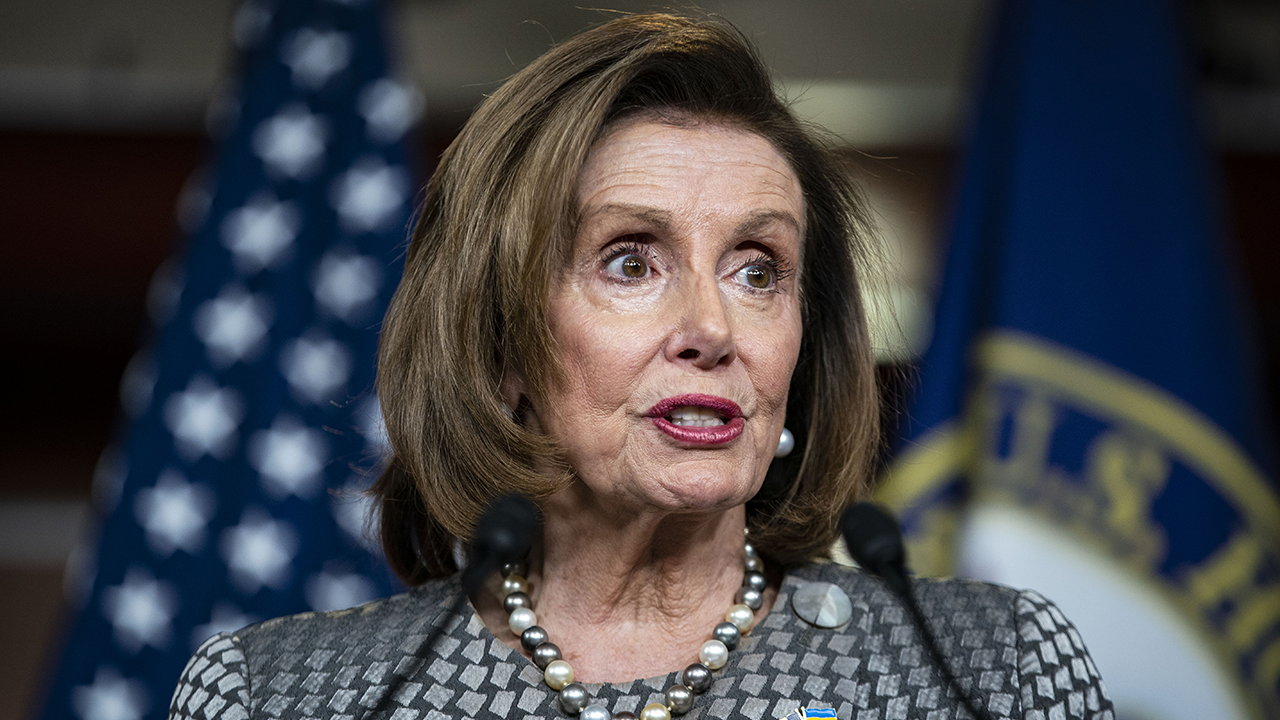
 Politics1 week ago
Politics1 week agoGOP releases Jan. 6 clip of Pelosi saying 'I take responsibility' as she discussed National Guard absence
-
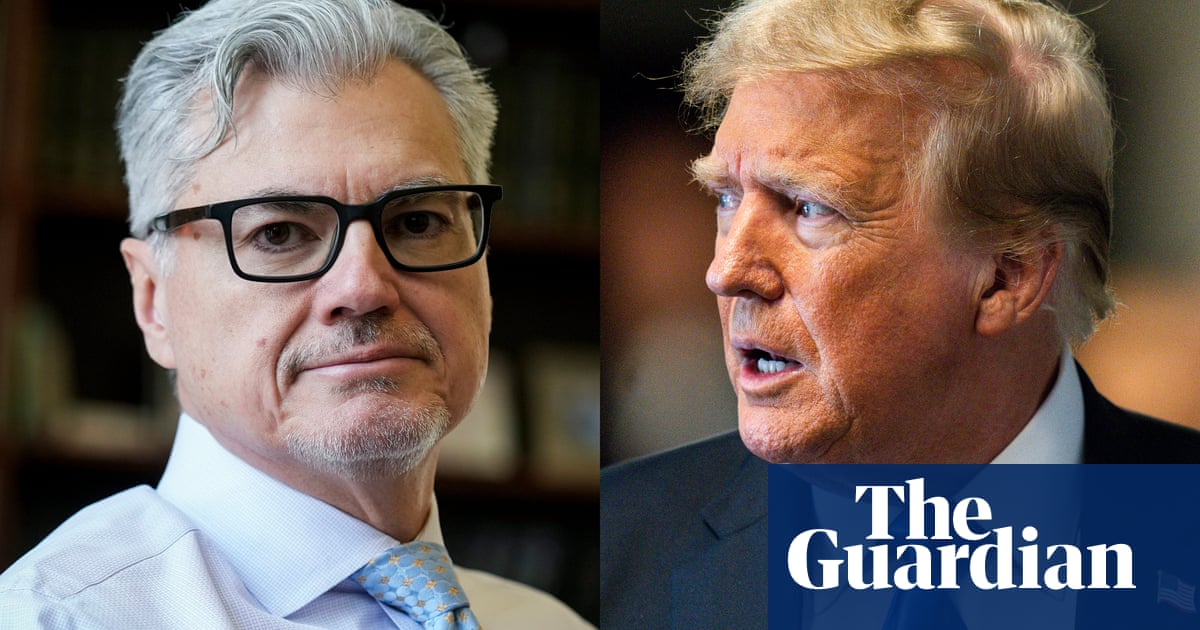
 News1 week ago
News1 week agoTrump to escalate blame on trial judge Juan Merchan if sentenced to prison
-
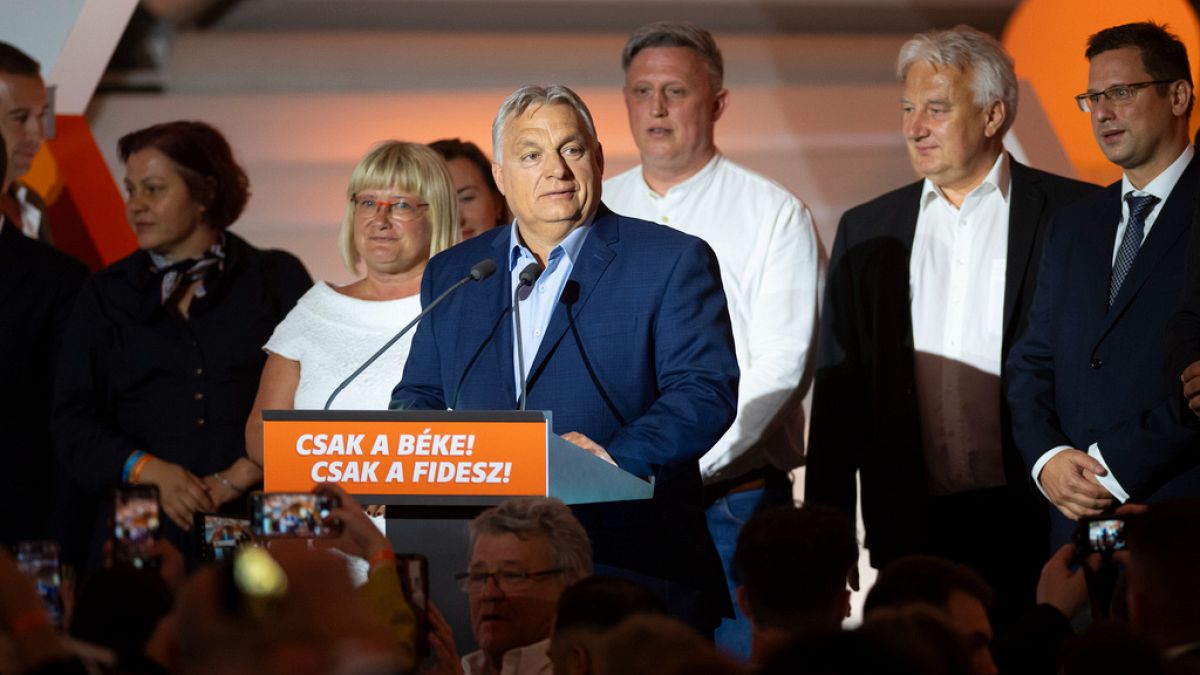
 World1 week ago
World1 week agoOrban party loses major support in Hungary's EU election
-
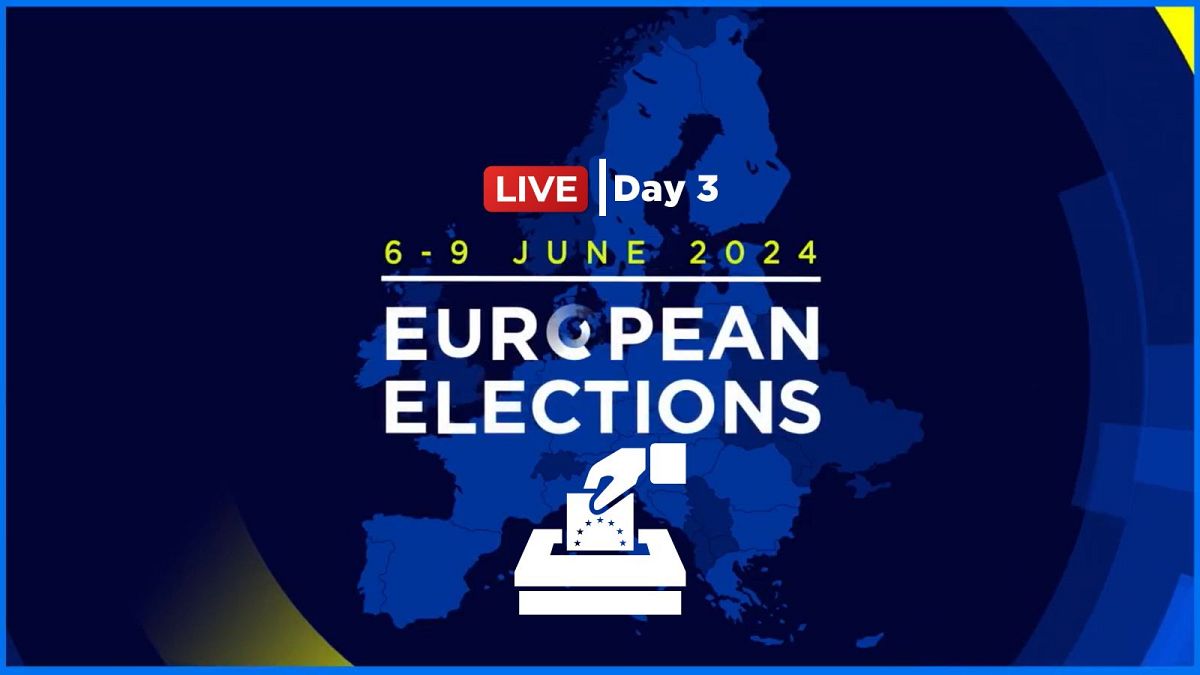
 World1 week ago
World1 week agoEU elections: Slovakia and Italy voting; Far-right surge expected
-

 World1 week ago
World1 week agoUkraine reconstruction official quits citing ‘systemic obstacles’










